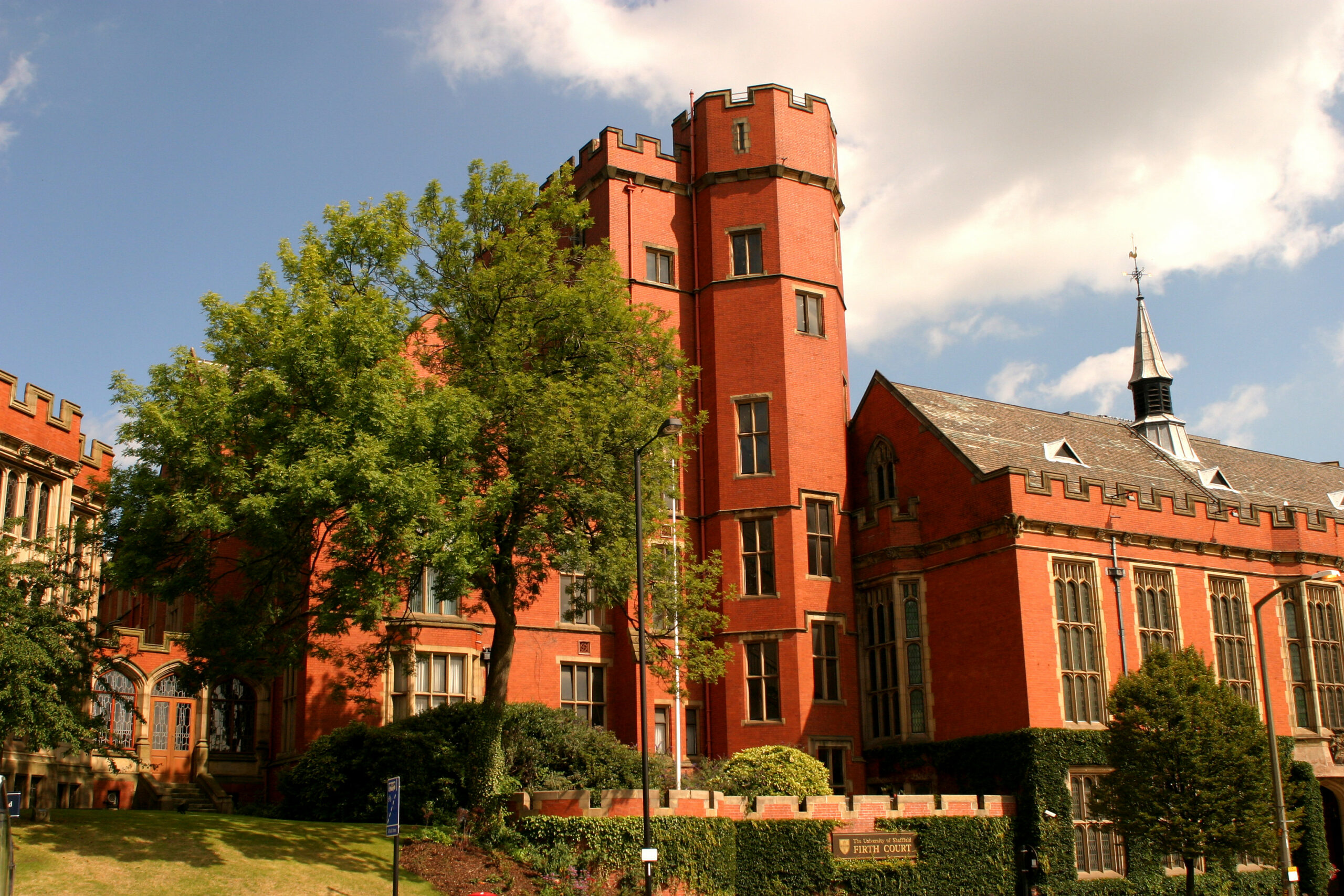- ...
Postgraduate Studentships - Search for funding opportunities.
Postgraduate Studentships - Search for funding opportunities.
This MSc course prepares you for a career protecting biodiversity in a range of natural, agricultural and urban ecosystems around the world. Throughout your course, you'll be learning about conservation issues in major ecosystems, from tropical forests to cities, and coral reefs to the deep sea, and the constraints posed by budgets, policy and legislation.
Fieldwork will form a large part of your learning. In our Field Biology module you'll gain hands-on experience of designing and conducting a project in the field, helping you to understand the challenges faced in real-world conservation projects. Our current MSc students will be completing their field course on the North Norfolk coast, one of Europe’s premier wildlife sites and a region with significant conservation challenges and varied management efforts.
You'll receive training in the principles of experimental design and data collection in an area of outstanding conservation and biodiversity interest, equipping you with the key skills to plan, manage and generate data from your own research.
A 2:2 honours degree, or equivalent, in biological sciences or a related subject.
For fees and funding options, please visit website to find out more
With first-hand experience of global conservation issues across animal and plant biodiversity, you'll be ready to pursue a range of career opportunities in policy making, research and academia implementing positive change in this area.
Previous graduates of this course are now working in roles including:
If you choose to continue your research training, you'll be well equipped to pursue a PhD in topics such as ecology, evolution and conservation and beyond. Alumni are currently studying for PhDs and researching topics including Agroecology, the Impacts of Pesticides on Aquatic Plants, Biodiversity of the Marine Benthos, and the Environmental Impact of non-native species.
See our website for modules

University of the Year 2024 - voted by our students Studying at the University of Sheffield means you’ll get the future that follows a degree from a&...
Sign up to Postgraduate Studentships
Sign up to compare masters
Thanks for making your selection. Click below to view your comparisons.